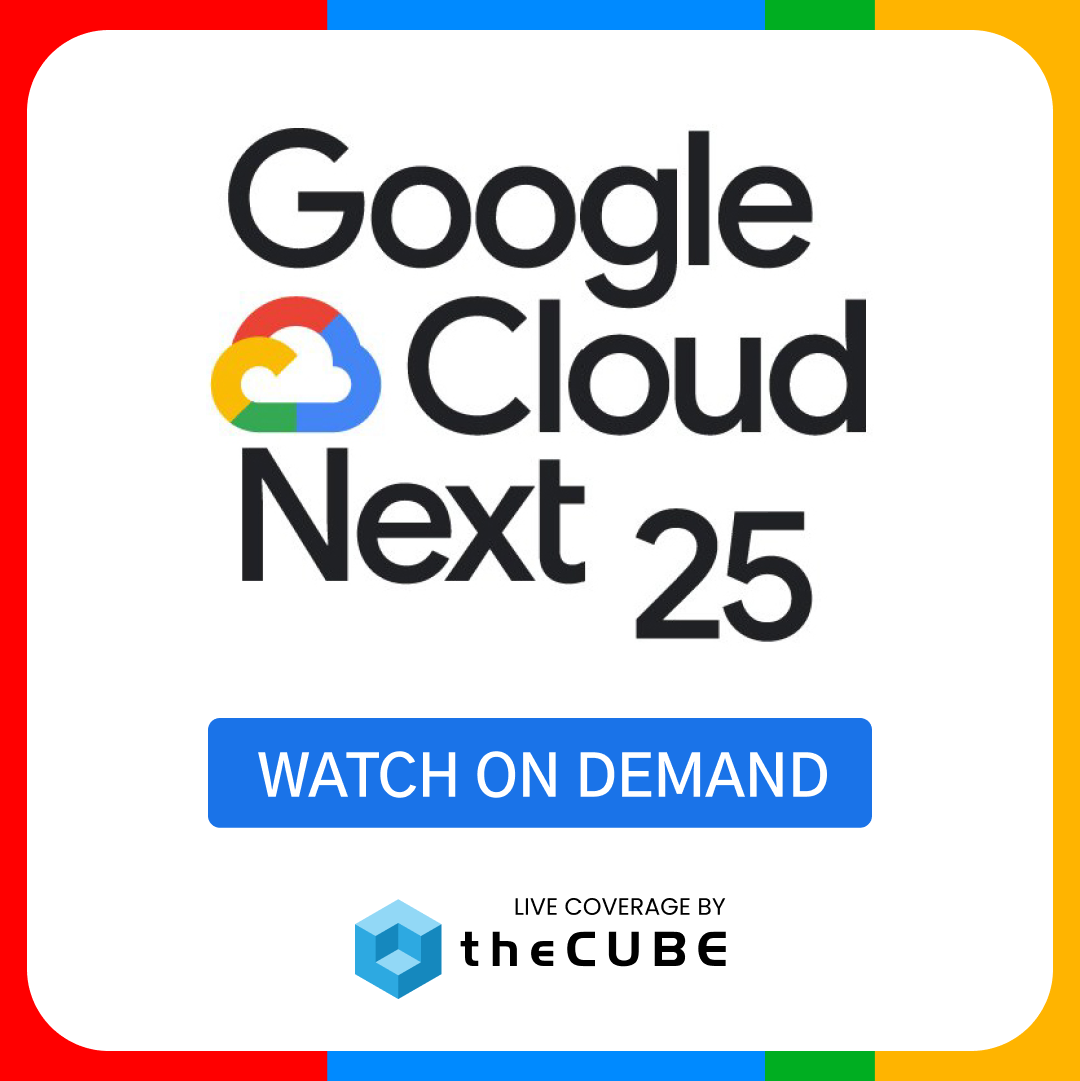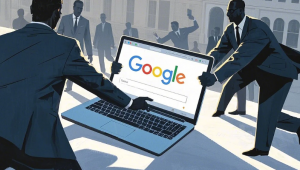Time To Shut Down The FCC – Consumer Choice Is The Answer – FCC Internet Policy Debate
It’s time to close the Federal Communications Commission. This week, FCC Chairman Julius Genachowski gave a speech outlining his push for net neutrality, the absurd notion that the Internet should be “open and free” when in fact it’s quite expensive to build. Net neutrality will straitjacket the U.S. economy’s single most important driver of productivity and transformation.![]()
Besides the obvious question of whether the FCC even has the authority to regulate the Web—in April, the U.S. Court of Appeals for the D.C. Circuit said it doesn’t—the agency has a long history of restraining trade. Founded in 1934 partly to regulate radio spectrum (which in reality hasn’t ever been scarce), the FCC delayed FM radio by favoring AM and television in spectrum allocation, mandated a TV network oligopoly by restricting station ownership, and kept long-distance rates too high for decades by forcing operators to subsidize local telephone costs. Now, because of bad bandwidth policy, it limits what smart phones can really do.
Mr. Genachowski claims his Internet regulation efforts are based on “shared appreciation for the Internet’s wondrous contributions to our economy and our way of life.” His rules of the road state that consumers and innovators have a right to: know basic information about broadband service; send and receive lawful Internet traffic; visit the sites they want and say what they want online using the devices of their choice; and a level playing field.
“No central authority, public or private, should have the power to pick which ideas or companies win or lose,” Mr. Genachowski says, “that’s the role of the market and the marketplace of ideas.”
It all sounds great. But incredibly, nowhere does he mention competition, a necessary condition of a marketplace. By discouraging competition in local access and refusing to change arcane licensing rules, this regime would freeze in place Google, Comcast, Verizon Wireless and ESPN just as the next wave of services will emerge to delight us.
Rules beget more rules until technology changes to make the whole mess obsolete. For the record, it was Skype, not the FCC, that brought down AT&T’s consumer international rates.
Yes, the world inside of Internet data centers is complex, but what’s clear is that there is almost no cable competition. Real network neutrality would come from customers dropping a fee-hiking Comcast and taking their business to another provider who can stream high-definition movies, TV shows and the next wave of video games. Right now, consumers are stuck with no real options because cable companies continue to bully municipalities to be the sole operator.
Ask anyone in the technology world about scarcity and you’ll hear a lecture about how there is no such thing. More transistors exist today than yesterday. There is plenty of bandwidth, both inside of fiber optic cables and out in the air, and more everyday as faster chips can handle higher and higher speeds. And there is no scarcity of pixels, storage, servers or even energy to run data centers (which sit next to waterfalls for cheap electricity). Scarcity is a myth perpetrated by those that want the protection racket of regulation.
In place of the FCC, all we need is a policy framework that states that consumers and innovators have a right to one thing: real choice. Everyone should have the right to choose among many networks for communications services, and no state or municipality may restrict competition.
That’s it. Everything else—faster networks, innovative services, a la carte programming, and yes, even privacy—follows from this one rule. Pay a new provider $5 extra a month and no one tracks what websites you visit!
The FCC can apply more Band-Aids to its broken scarcity-based regulatory model. Or we can close the agency and let consumers allocate capital efficiently.
SiliconANGLE contributor Andy Kessler, a former hedge-fund manager, is the author of “Eat People—And Other Unapologetic Rules for Game-Changing Entrepreneurs,” forthcoming from Portfolio. Andy frequently writes opinion stories for the Wall Street Journal and New York Times
A message from John Furrier, co-founder of SiliconANGLE:
Your vote of support is important to us and it helps us keep the content FREE.
One click below supports our mission to provide free, deep, and relevant content.
Join our community on YouTube
Join the community that includes more than 15,000 #CubeAlumni experts, including Amazon.com CEO Andy Jassy, Dell Technologies founder and CEO Michael Dell, Intel CEO Pat Gelsinger, and many more luminaries and experts.
THANK YOU

















